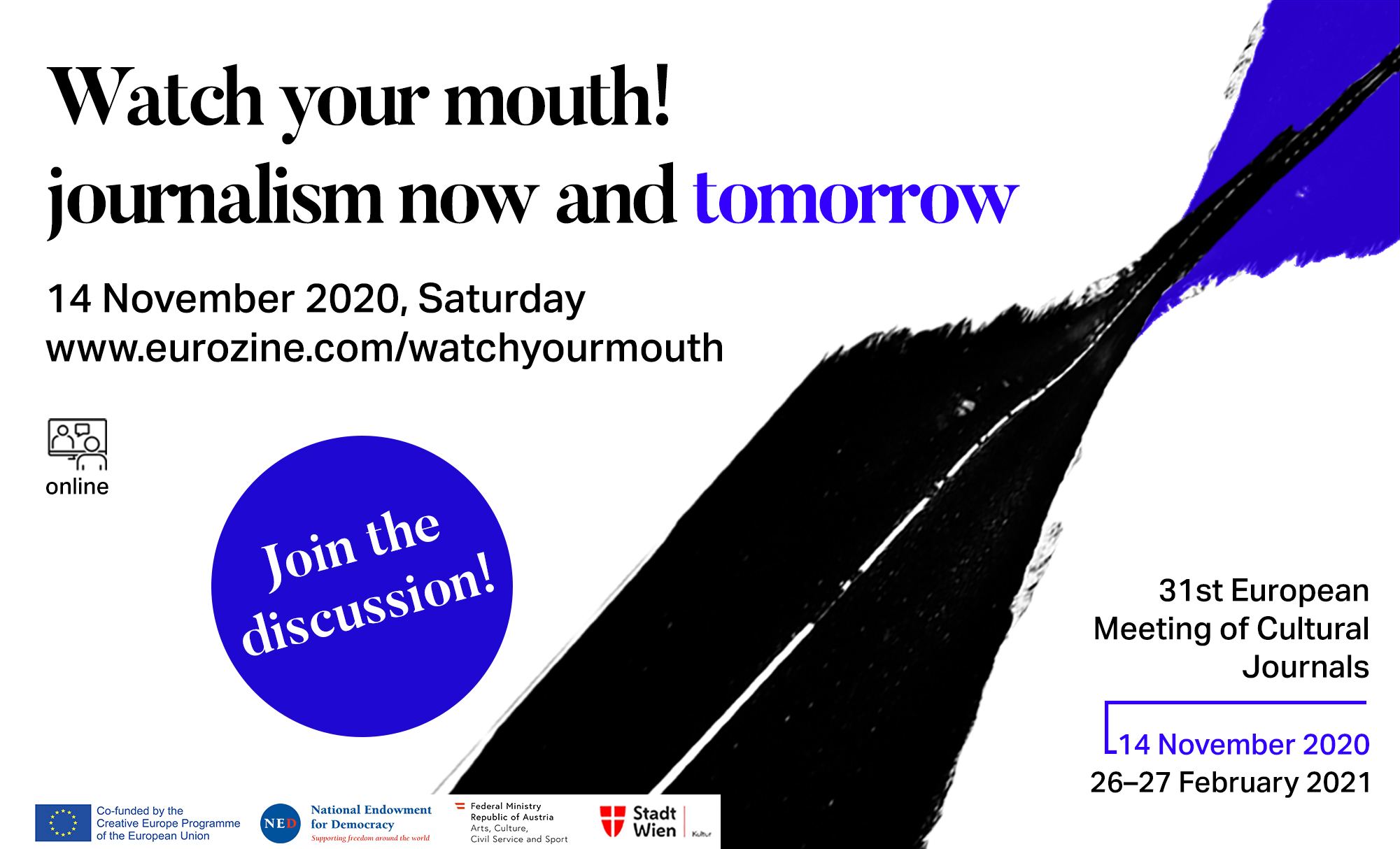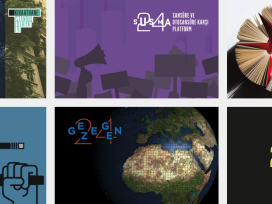The collapse of independent Hungarian news site Index.hu in July, following the politically motivated sacking of its editor-in-chief and resignation of its entire staff, focused attention on a development underway in the country for a decade. Since returning to power with a super-majority, the Orbán government has become a byword for a particular form of assault on free speech: a combination of restrictive media laws masquerading as guarantees of unbiased reporting, and corporate capture of the media by clients of the regime.
It may have been coincidental that the Index incident came immediately after Orbán had boasted that, by securing the removal of rule of law conditions on the massive subsidies granted to member states as part of the EU Recovery Fund, he had scored a victory for Hungary and the other Visegrád states. But the broader connection was undeniable and brought shame upon the conservative parties in Europe that continue to shield Fidesz.
The Hungarian state’s encroachment upon independent media has become something of an export across eastern Europe. But it is not just an eastern speciality, and nor does it take place in an economic vacuum. The profound crisis brought by the 2008 collapse on a media market struggling to adapt to digital publishing has opened the door to anti-democratic interventions. Here, it is not only governments and their corporate allies but also the social media companies that play a role.
But the good news is that none of this is being accepted without a struggle. New initiatives and innovative working methods are sprouting up across eastern Europe that seek to rebuild ecosystems of democratic journalism on more sustainable and resilient foundations, and that can serve as inspiration for the rest of Europe and beyond.
The 31st European Meeting of Cultural Journals – entitled ‘Watch your mouth!’ – will be focusing on the pressing issues facing independent publishing: market upheavals and media change, state capture and ownership concentration, political interference, and self-censorship. The first part of the conference will be streamed from Budapest on 14 November 2020.
This online event will begin with a discussion with journalism students of the Budapest university ELTE about their professional future in a country in which the free press has been decimated. Following that will be a panel featuring journalists, academics and artists from various eastern European countries talking about their experiences of dealing with political pressure. Among the speakers are the former Index.hu reporter András Földes, Lukáš Fila of Slovakian news site Denník N, the Hungarian dramatist and literary translator Anna Lengyel, and the Slovenian philosopher and Dialogi editor Boris Vezjak.
See here for more information and stay tuned for the broadcast!
Meanwhile in Belarus
Lukashenka’s much-publicized offer to imprisoned opposition figures, including Viktar Babaryka, was an insult: take your people off the streets and we can talk about a constitutional reform. Eurozine contributor Olga Shparaga is one of the people involved in the Coordination Council initiated by Sviatlana Tsikhanouskaya to enable a peaceful and orderly transfer of power in Belarus. At the weekend, we learned that Olga had been sentenced to 15 days imprisonment, the maximum punishment for the offence of participation in an ‘unauthorized mass event’.
Eurozine together with the Institute for Human Sciences condemns her treatment and demands the immediate release of all political prisoners in Belarus.
Tribute to a journals man
Last week the sad news reached us about the death of Olivier Corpet, the longtime director of Institute for Contemporary Publishing Archives (IMEC) in France and the editor of the journal La Revue des revues. In the 1980s, Corpet was influential in founding the European Meeting of Cultural Journals, the informal network that developed into Eurozine. Corpet was the opposite of a ‘net evangelist’ and feared that the rise of the Web threatened all the values that cultural journals represented.
He was wrong, of course. But as Eurozine co-founders Carl Henrik Fredriksson and Klaus Nellen write, Corpet’s ‘rigorous idea of the essence and the vocation of a journal is as much a program in the early twenty-first century as it was at the end of the millennium.’ For anyone interested in how the publication that you are reading here came about, this piece is for you.

Olivier Corpet (centre) with the British publisher John Calder (left) and the German writer Lothar Baier (right) at the European Meeting of Cultural Journals at the Abbaye d’Ardenne, Caen, in 1998.
This editorial is part of our 18/2020 newsletter. Subscribe to get the weekly updates about our latest publications and reviews of our partner journals.








